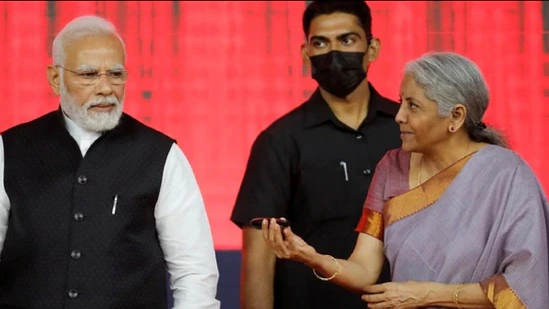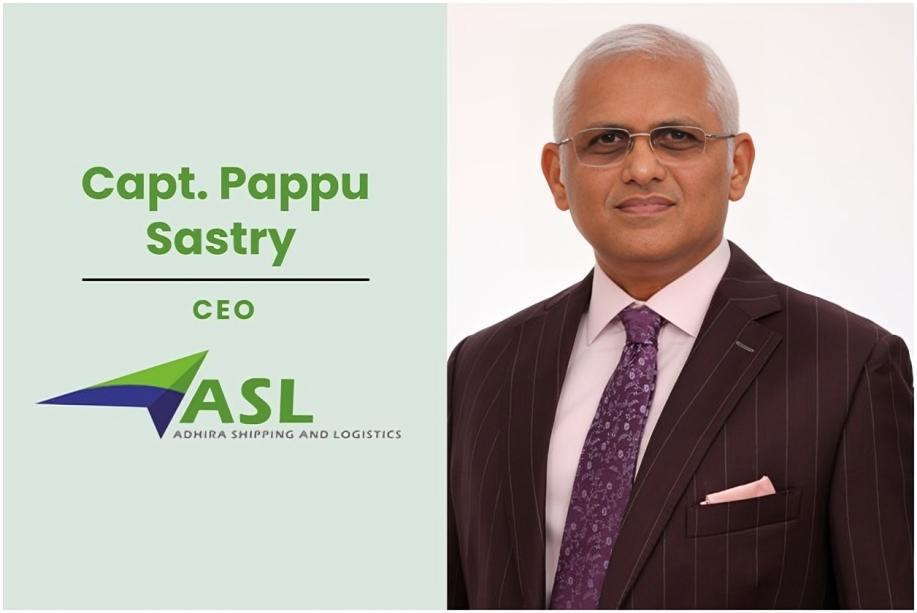According to a recent note from Goldman Sachs analysts, the upcoming budget on July 23 is likely to continue down the path of fiscal consolidation. They anticipate that Finance Minister Nirmala Sitharaman’s Modi 3.0 budget will concentrate on the overall economic agenda rather than distributing small stimulus measures.
Given the large level of public debt, Goldman Sachs stated that there is little fiscal room to boost the economy. Apart from that, they think policymakers might not be willing to give up on the long-term positive growth spillovers that India’s infrastructure upgrades have created.
Rather than making small stimulus announcements, the government will use the budget as a platform to make a major announcement about the long-term vision for economic policy over the coming years. These will probably be in line with the government’s development plan for 2047, which happens to be the 100th anniversary of Indian independence, according to a note co-authored by Santanu Sengupta, Arjun Varma, and Goldman Sachs chief Asia-Pacific economist Andrew Tilton.
According to Goldman Sachs, the government is expected to announce additional consolidation to a deficit of less than 4.5% of GDP by FY26 and stick to the declared fiscal deficit target of 5.1% of GDP for FY25 (or even somewhat less).
Also Read:
This Week, Funding and Acquisitions in Indian Startups
Is The Summer Heat Getting to You? Here Are Some Coping Strategies for You


































